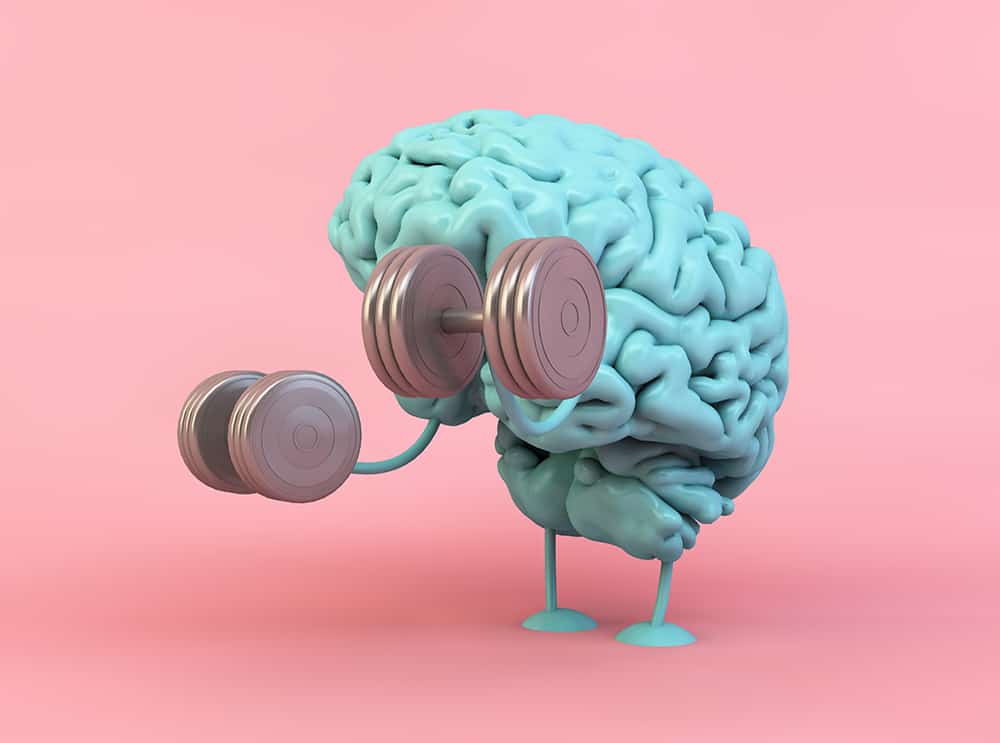6 Benefits of Exercise on Mental Health

When it comes to the benefits of regular exercise, it’s common to focus only on physical benefits like weight loss and improved muscle tone. While these are important effects of exercise, it’s also helpful to think about the mental health benefits that can come with regular physical activity. Working out doesn’t just help you look good; it can help you feel good as well. In fact, research shows that exercise can have a positive impact on many different mental disorders, including depression and anxiety.
If you are struggling with any type of mental illness, consult a mental health professional to develop a comprehensive treatment plan. It’s likely that exercise will play an integral part on your road to recovery. Continue reading for a closer look at how your mind benefits when you get your body moving.
Improve Your Mood
Physical activity works in multiple ways to boost your mood. First, it produces feel-good chemicals called endorphins, which immediately help you feel positive and more energized. Along with this immediate improvement in your mood, exercise can boast long-term benefits for your mental health by stimulating physical changes in the brain like neural growth and reduced inflammation—in turn, you may experience more feelings of calmness and overall well-being.
Exercise is also a great distraction. If you find yourself fixating on negative thought patterns, taking a walk, lifting weights, or participating in an exercise class can take your mind off those thoughts for a while and lift your mood.
Gain Higher Self-Esteem
Even before you start seeing changes on the scale or in the mirror, exercise can have a strong impact on your self-esteem. As you start noticing improved strength and stamina by working out several times a week, you’ll gain a sense of achievement that can help your self-esteem skyrocket. And of course, once you do start seeing more results through weight loss or toned muscles, you’ll feel even better about yourself.
Sleep Better
Disturbed sleep is a common effect of mental illness. It can also contribute to low daytime energy, overeating, and a negative mood, among other issues. Fortunately, exercise can improve your nightly sleep so that you enjoy a higher quality of life every day. For optimal benefits to your sleep schedule, get your most intense exercise—like fast-paced cardio and weight training—in the morning or early afternoon. The evening is the perfect time for more relaxing physical activity, like a gentle yoga practice, to wind down the body and mind.
Enjoy More Energy
Major depression and other mental health problems are often accompanied by symptoms of fatigue, brain fog, and poor focus. Regular physical activity can contribute to an increase in energy as well as sharper cognitive skills. By simply increasing your heart rate a few times per week, you’ll notice that you have more energy to take on your day and gradually increase the length and frequency of your workouts. The same endorphins that help lift your mood after a workout will also help improve your cognitive function—you’ll feel sharper and more focused over time. These effects aren’t short-lived, either. Continued physical activity can prevent age-related cognitive decline so that you have a lower chance of dealing with dementia and depression as you get older.
Reduce Stress
Stress manifests both physically and mentally, and it can take a toll on your wellbeing. Exercise helps break the stress cycle by curbing the production of cortisol, otherwise known as the stress hormone. In addition to chemical effects in the endocrine system, exercise also helps the muscles relax and release tension, so you can combat the aches and pains that tend to accompany daily stress. Exercise can improve other symptoms of stress over time as well, such as stomach upset, insomnia, and chest tightness.
Build Resilience
Unfortunately, it’s simply not possible to remove all of the mental and emotional challenges in life that can impact your mental health. However, it is possible to build more resilience to these challenges, so you can utilize healthier coping mechanisms. If you tend to respond to stress and negative emotions with comfort foods, alcohol, or other destructive habits, beginning an exercise routine can help you avoid these behaviors. Along with your mental fortitude, your physical resilience benefits from exercise as well. Regular activity can improve your immune health to lessen the physical impacts of stress, so you feel healthier overall.
No matter where you currently are with your physical fitness, Body Essentials can help you build an exercise regimen that works for you. With on-demand personal training, group fitness classes, and semi-private group training, you can find the program that’s right for your wellness goals. Our trainers are personally invested in the success of our clients and offer flexible scheduling to help you get fit on your own terms. Call us at 802-345-9644 to begin your fitness journey.







